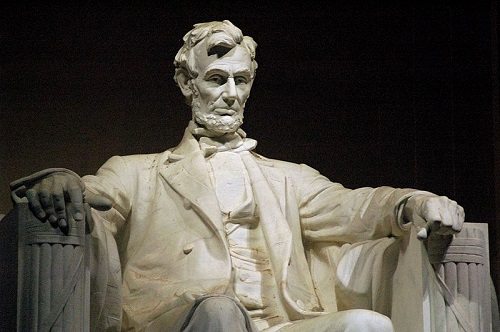
January 23, 2014; New York Times
Conservatives in Hollywood are considered by many to be the exception rather than the rule, but they do exist. A group of approximately 1,500 have associated under the name “Friends of Abe” (referring to Abraham Lincoln) for almost a decade. Prominent members include actors Gary Sinise, Jon Voight, and Kelsey Grammer. Jeremy Boreing, executive director, states that the organization “has no political agenda” and that its purpose is “to create fellowship among like-minded individuals.”
Sign up for our free newsletters
Subscribe to NPQ's newsletters to have our top stories delivered directly to your inbox.
By signing up, you agree to our privacy policy and terms of use, and to receive messages from NPQ and our partners.
Two years ago, Friends of Abe applied for tax exemption as a public charity under Section 501(c)(3) of the Internal Revenue Code. The Times article notes that Friends of Abe is similar in nature to the liberal People for the American Way Foundation, founded by television producer Norman Lear, and several other charities founded to promote liberal causes and led by entertainment industry figures.
The IRS has not yet decided on Friends of Abe, however. It has sent multiple requests for supplemental information to the organization, including a request for access to private areas of the nonprofit’s website, which included a membership roster. The IRS is also asking whether speeches and presentations by conservative politicians and political figures constitute impermissible political activity by a charity. Generally, 501(c)(3) regulations that “no substantial part” of a public charity’s activities may be political, and in no case may a 501(c)(3) engage in partisan campaign activity to support or oppose specific candidates. For example, a charity may hold a candidate forum, but all candidates must be invited and given an equal opportunity to participate in the forum.
Is the IRS’s two-year (and still ongoing) process of reviewing Friends of Abe appropriate, or is it continuing evidence of the singling out of groups with politically conservative leanings for special scrutiny? Does having and promoting “fellowship of like-minded individuals” disqualify a nonprofit group from 501(c)(3) recognition, regardless of the purpose and activities of the group?
This story reminds us that the IRS’s issues with conservative groups persist, and that they’re bigger and broader than 501(c)(4) “social welfare” organizations.—Michael Wyland













